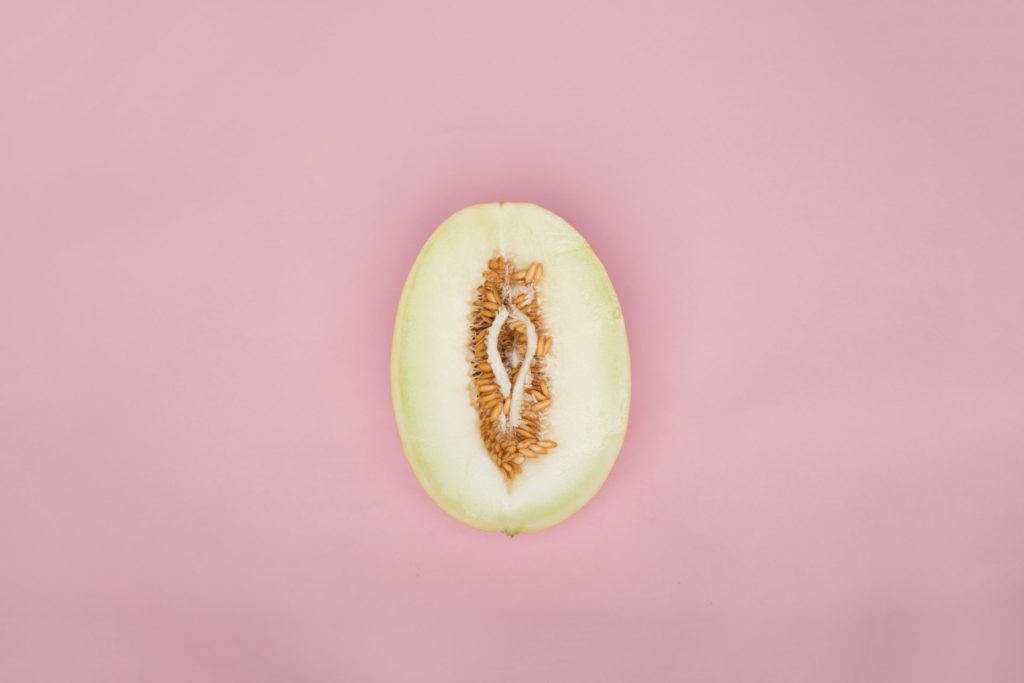Nine in ten women suffer from their periods, and almost half take painkillers to deal with them, a large-scale survey as part of a study on vaginal health in Belgium which was published on Thursday found.
The study called Isala, which started almost 15 years ago and is conducted by the University of Antwerp, showed that while most vaginas in Belgium are healthy, many women's monthly cycles bring forward a number of complaints of pain.
"That is a very high percentage," microbiologist Sarah Lebeer, who led the study, told De Morgen, adding that she was also surprised by the number of women who take painkillers to make their period tolerable, with most using Dafalgan or ibuprofen.
The survey, which was the first large-scale one of its type in Belgium, could start a debate on a taboo topic in Belgium and could bring forward the discussion on menstrual leave for women from work, meaning that women can stay at home for one or more days if their periods are painful.
According to the results, around 15% of respondents had already undergone an abortion or experienced a miscarriage, whilst 13% had experienced some form of difficulty whilst trying to get pregnant.
Healthy vaginas?
The main focus of the citizen-science study (where members of the public can take part in the scientific research process in different ways, including as observers, funders, or data providers) was to analyse which of the bacteria that play a crucial role in women's health were most present in women's vaginas and whether, on a whole, they were healthy.
Around 73% of the respondents indicated that they sometimes worry about their vaginal health.
Over 4,600 healthy women aged between 18 and 98 took part in the survey, and more than 3,300 women took swab samples to find out what their bacteriological system looked inside.
Vaginal bacteria help protect women against infections, bladder infections, STDs, but they might also play a major role in fertility and healthy pregnancies, which is what the study will look into in the coming years.
Using DNA analysis, it found that in eight out of ten women, the microbiome in the vagina is dominated by lactic acid bacteria, which protect against bladder infections, fungi or viruses, showing that the vaginas of women in Belgium are healthier than researchers expected, as based on previous studies, they had estimated this to be lower, about 70%.
Exactly which factors have an influence on the health of a vagina is the question the study will focus on next.
"We hope to develop a set of recommendations and tips that can improve the health of your vagina. For example, if we find that women with a very healthy microbiome have remarkably similar diets, we would like to further investigate whether there is a clear link, so women can influence their microbiome," the report stated.
The researchers said the bacteria's positive properties could "eventually help as an alternative to antibiotics for women who suffer from infections, inflammations or other discomforts."
"This therapy could also help researchers find alternatives to antibiotics, as bad bacteria and fungi are becoming more and more resistant, making the treatment of such infections increasingly difficult," the report concluded.

